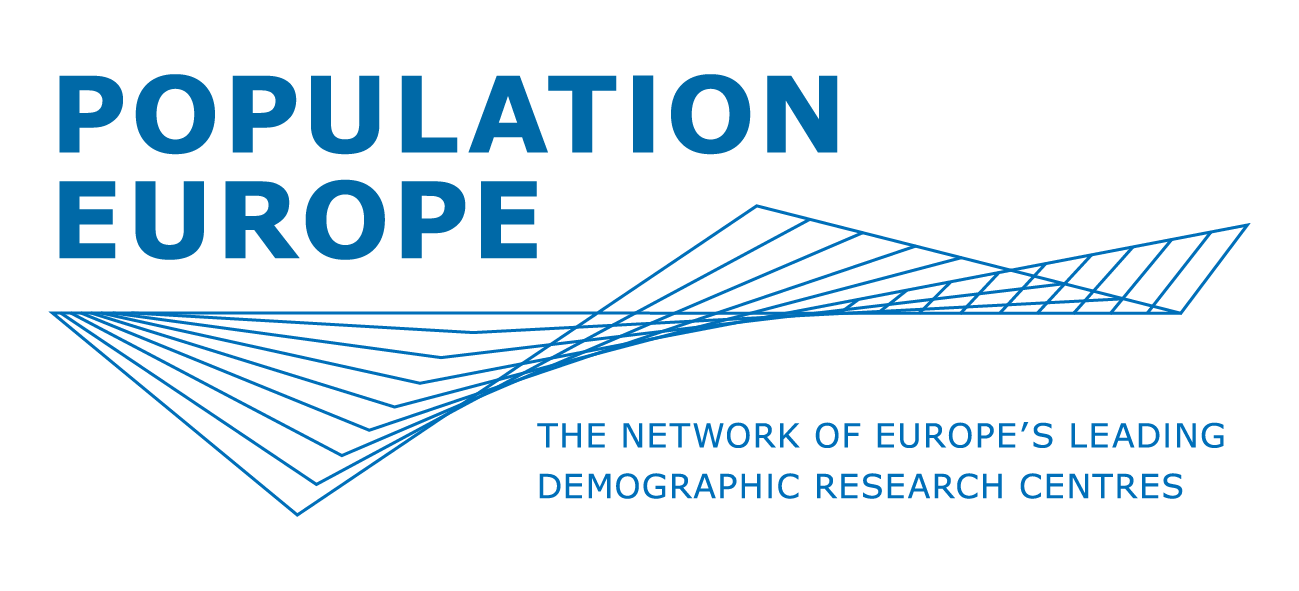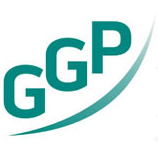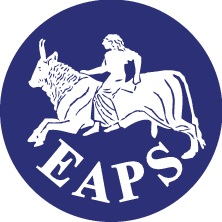About the institute
Download a short BROCHURE about the Institute.
Privacy statement of the HDRI - website
Privacy statement of the HDRI - cookies
The Hungarian Demographic Research Institute (HDRI) is the only research institute in Hungary that carries out research on population issues and processes.
In 1963 a demographic research group was founded within the Hungarian Central Statistical Office (HCSO), which became an independent institute in 1968. So it is now one of the oldest independent demographic research institutes in Europe. The HDRI is an independent public organisation, supervised by the president of the HCSO. Ever since its foundation, our institution has maintained a close relationship with the Hungarian Academy of Sciences and its Committee of Demography, which pays continuous attention to the professional and scientific work at the Institute.
Our institution is financed from central budget, as part of the Central Statistical Office. The HDRI is entitled to undersign contracts with third Institutions. About one-third of the Institute budget is financed by scientific foundations (OTKA, NKFP), ministries and other bodies.
The HDRI
- collects data and analyses population development, fertility, nuptiality, mortality and migration
- analyses poverty trends, age stratification, the related changes in demographic behaviour
- regularly carries out long term population model calculations and projections
- is involved in analysing opinion polls on values and perceptions with regard to population and family issues
- analyses the interrelationship between social end demographic processes with a special focus on labour market, families, households
- analyses population, family and migration policy and supports its reformulation by carrying out background research
- analyses migration flows in social, cultural and economic context and interaction between migrant and non-migrant population.
General research orientation
- Headed by the director Zsuzsanna Makay, the research activities of the Institute encompass all the key themes of demography. Researchers study the basic demographic processes (fertility, nuptiality, mortality, internal and international migration), the structural characteristics of the Hungarian population and the reasons that may explain current developments (changes in family and household structure, ageing, education, economic activity, geographic differences, and special population groups).
- The institute also prepares short- and long-term population projections on the number and structure of population and future demographic conditions. It also carries out research in historical demography and biodemography. Furthermore, the HDRI uses numerous data sources for its analyses, including vital statistics, census and survey data.
- The HDRI has a long tradition in empirical survey-based research: for decades it has been following the research tradition, which claims that demographic changes are the results of individual plans and decisions of the relevant population. Besides analysing the structural and economic background of individual behaviour, researchers also observe and interpret changes in values and attitudes.
International cooperation
The Institute is an active partner in a wide range of international collaborations. It participates in joint researches and organises bi- and multilateral conferences together with related institutions, international demographic research centres, university departments and organisations from other European countries. As an affiliated institute, the HDRI actively participates in the work of the European Association for Population Studies (EAPS); researchers of the Institute regularly present their findings on the European population conferences and other high-ranked international conferences. The Institute is also a member in the European Population Network, which comprises 19 European demographic research institutes and aims at disseminating knowledge on demographic research results and population issues to a wider audience.
Publications
Most of the regular publications are in Hungarian. The quarterly called Demográfia has a history of more than fifty years. Research results are published as series of Research Reports and Working Papers. KorFa newsletter discusses important and up-to-date demographic issues in a popular format so that it reaches the widest possible audience.
Moreover, the Institute has an increasing number of publications in English: the annual English edition of Demográfia, Working Papers on Population, Family and Welfare, Research Highlights, and the Demographic Portrait of Hungary.





